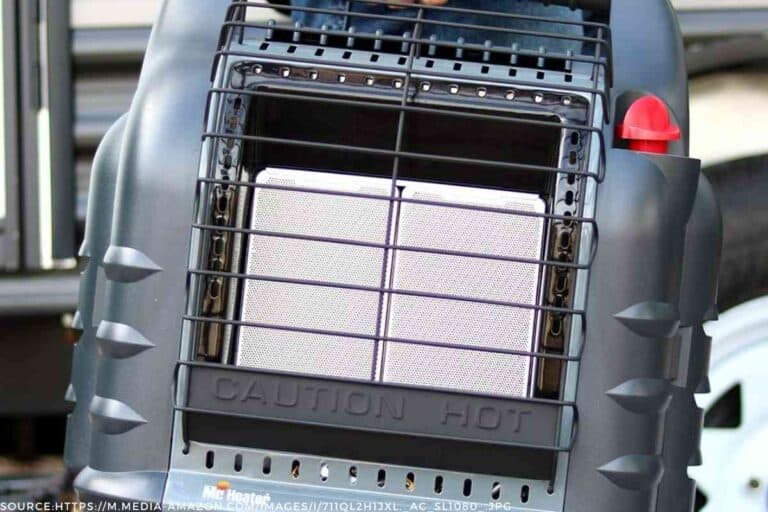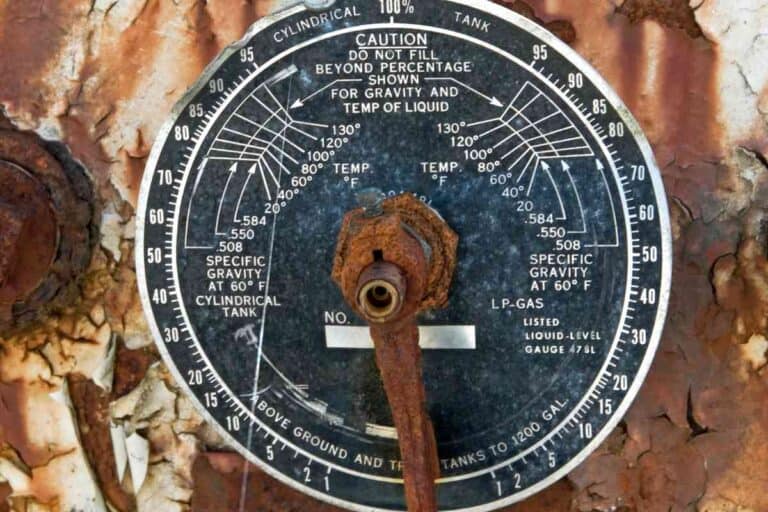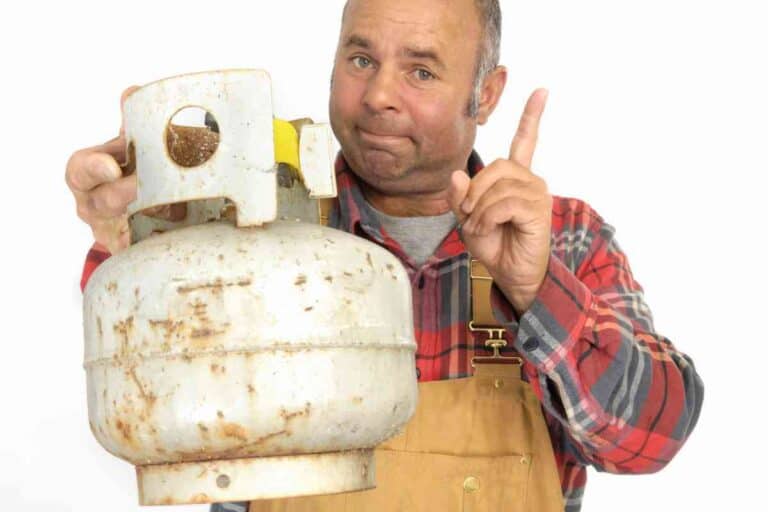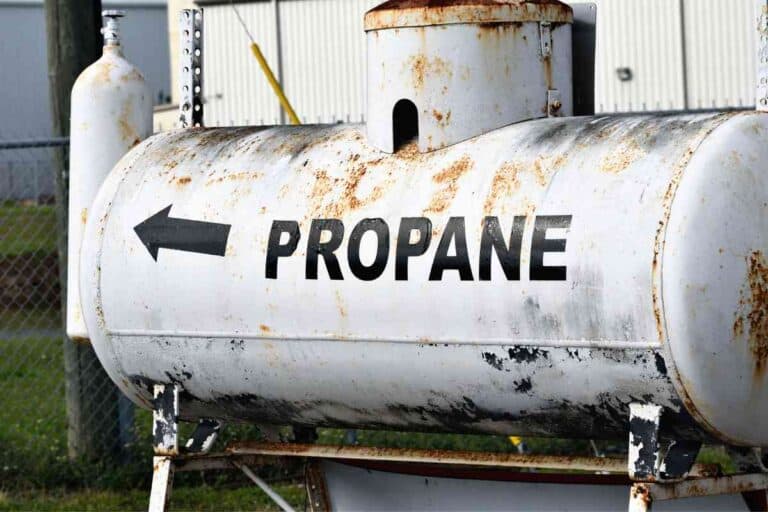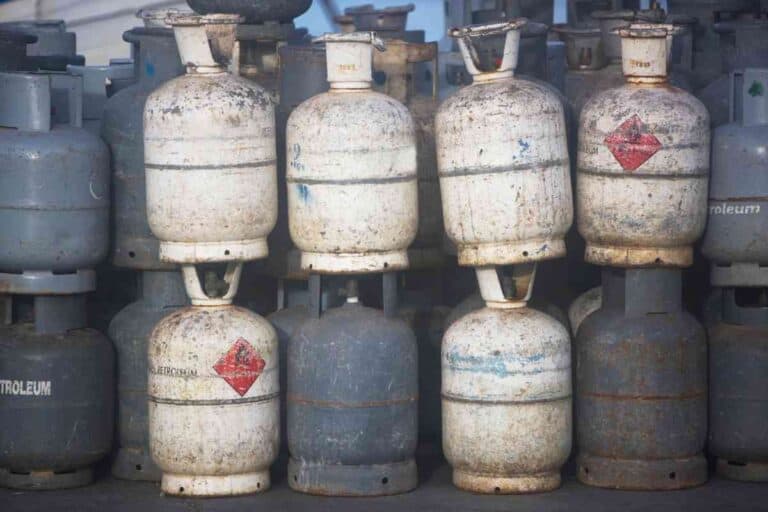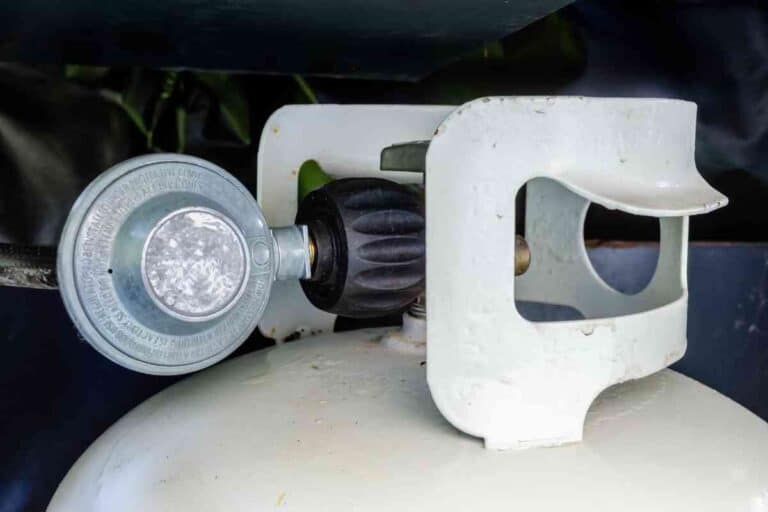Do I Need To Turn Off The Propane Tank After Grilling?
Imagine the sizzle of steaks on a grill, the aroma wafting through a well-ventilated outdoor area, and the joy of outdoor cooking. Now, let’s dive into the heart of responsible grilling with propane, a favorite for many, especially those living off the grid in RVs, tiny homes, or traditional houses. The allure of grilling is undeniable, but did you know turning off your propane tank after use is not just a safety tip but a necessity.
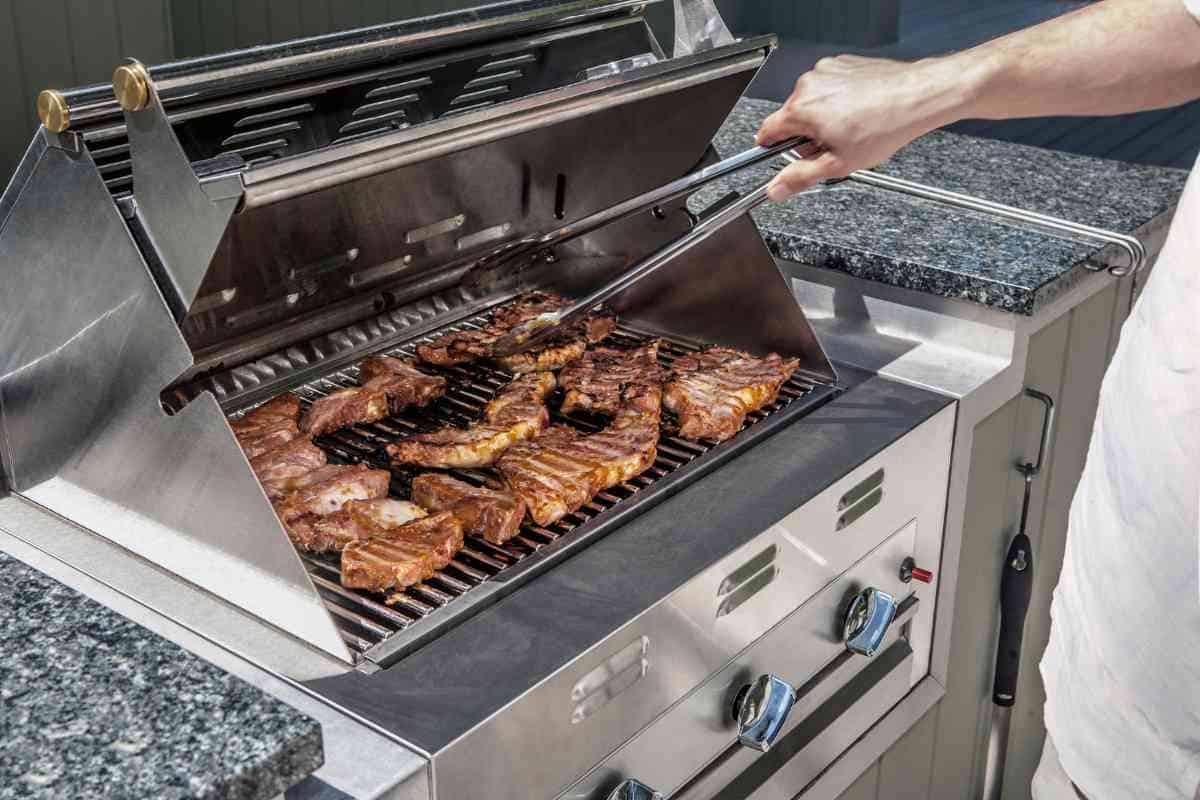
Related Post! Is It Legal To Store Propane Tanks Indoors?
Should I Turn Off My Propane Tank When I’m Done Grilling?
Absolutely, turning off your propane tank after grilling is essential for safety and efficiency. This preventive step avoids gas leaks and minimizes the risk of fire hazards. Moreover, it conserves propane, ensuring your tank lasts longer and is ready for the next barbecue session. Always prioritize safety by shutting off the tank.
While the convenience of leaving the tank open for next time is tempting, it’s a gamble that’s not worth taking. An open propane tank valve can lead to gas buildup, posing a risk of explosion. Moreover, an unnoticed leak can not only deplete your propane supply but also create a dangerous situation with the potential for a grease fire.
A Closer Look at Propane Safety
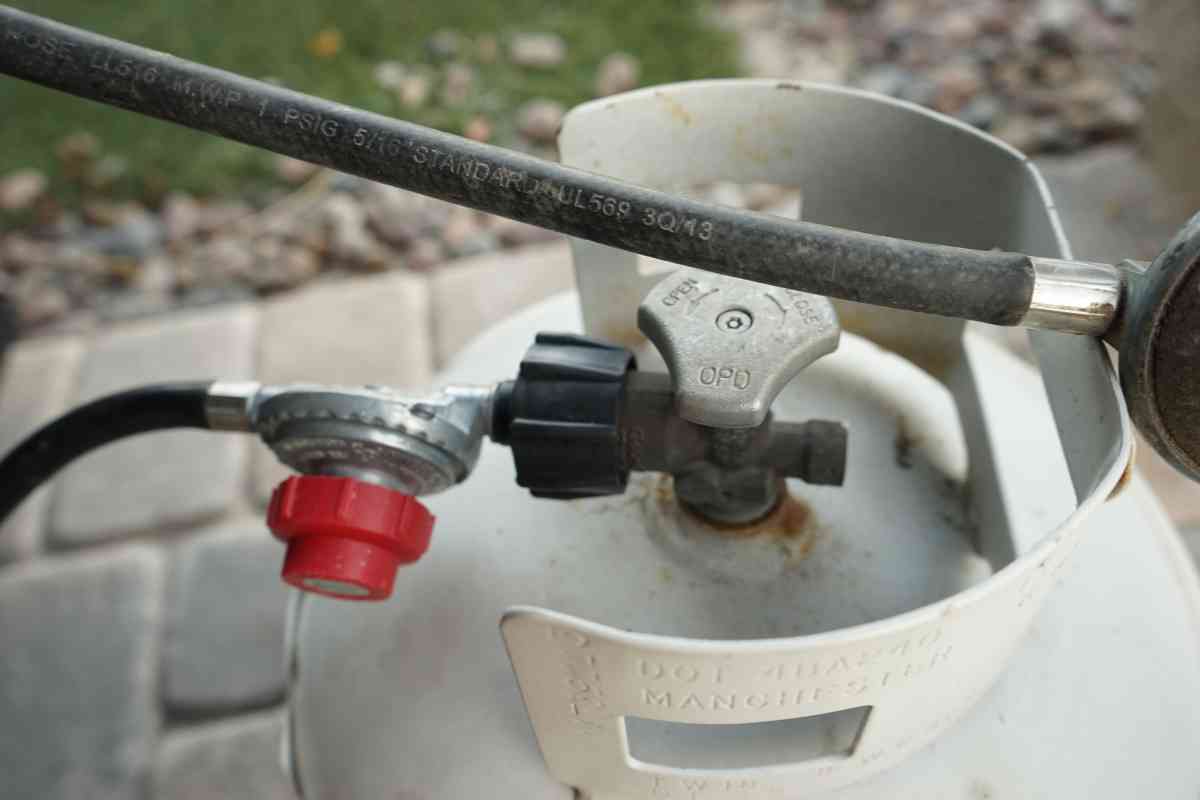
Through conversations with individuals from various walks of life, we’ve uncovered stories of close calls and accidents that stemmed from neglected propane tanks. These incidents underscore the critical nature of proper propane grill management, highlighting how a simple oversight can lead to dire consequences.
Practical Tips for Turning Off Your Propane Tank Safely
Understanding the importance of this practice, how do you ensure your propane tank is turned off safely? Here’s a structured approach to secure your peace of mind:
- Inspect your propane cylinders for any signs of wear or damage. Remove debris or residue with a rag, ensuring the gas hoses are clear and in good condition.
- Close the propane tank valve by turning it to a secure position. This should be done while the grill is still on, allowing any gas in the line to be used, preventing gas buildup.
- Switch off the burners by adjusting the ignition button to the off position. This step ensures all gas from the propane cylinders has been consumed.
- Store your grill in a garage or other well-vented area, away from direct exposure to elements or potential ignition sources.
Burners or Tank: Which Do You Turn Off First?
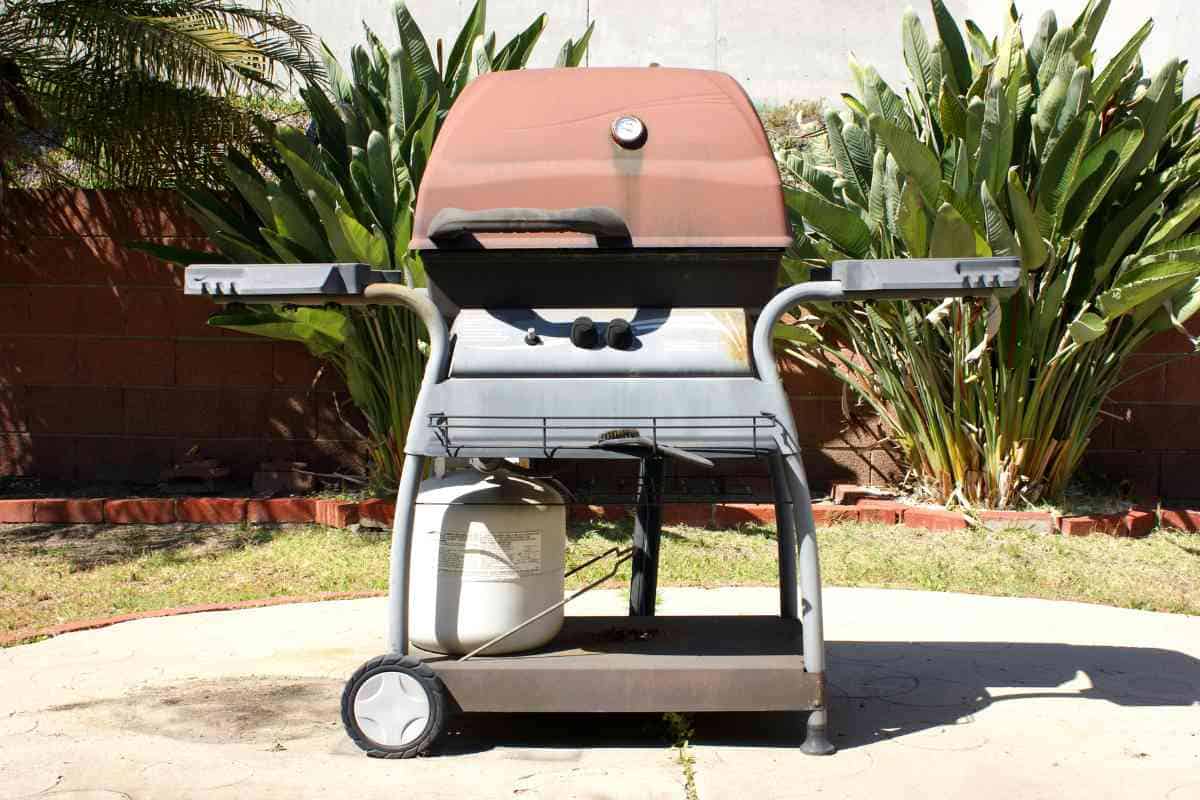
A common question arises: Should you turn off the burners or the propane tank first? While opinions vary, the top priority is ensuring both are securely shut to prevent any propane leakage. Whether you prefer turning off the propane tank valve or the grill grates first, the key is to follow through with a process that ensures safety and minimizes the risk of a gas explosion.
Related Post! How Long Do Propane Tanks Last? Answered!
The Consequences of Neglect
Forgetting to turn off your propane tank isn’t just about wasted fuel. It’s a safety risk that could lead to a hazardous grease fire or even an explosion in extreme cases. A leak not only poses a fire hazard but can also affect your grill’s performance, preventing it from reaching the highest setting needed for those perfect steaks or vegetables.
Should You Leave Your Propane Gas Attached to the Grill?
Embarking on the grilling journey brings with it the sizzle of food on the grill and the joy of outdoor cooking. Whether you’re firing up gas grills or savoring the smoky flavors of a charcoal grill, the essence of grilling is a cherished ritual. Yet, amidst the fun and flavors, safety and efficiency stand paramount, especially when dealing with propane grills. Let’s navigate through the essentials of grill management, focusing on practical insights and safety tips to enhance your grilling experience.
After a fulfilling grilling session, a question often lingers—should you disconnect the grill from the propane tank? While preferences vary, leaving the tank connected doesn’t pose a problem, provided the propane tank valve is securely turned off. This simple step is crucial; it prevents accidental gas leakage, which can happen if someone unknowingly activates the control knobs. Safety should always be your guiding principle, ensuring peace of mind until the next cookout.
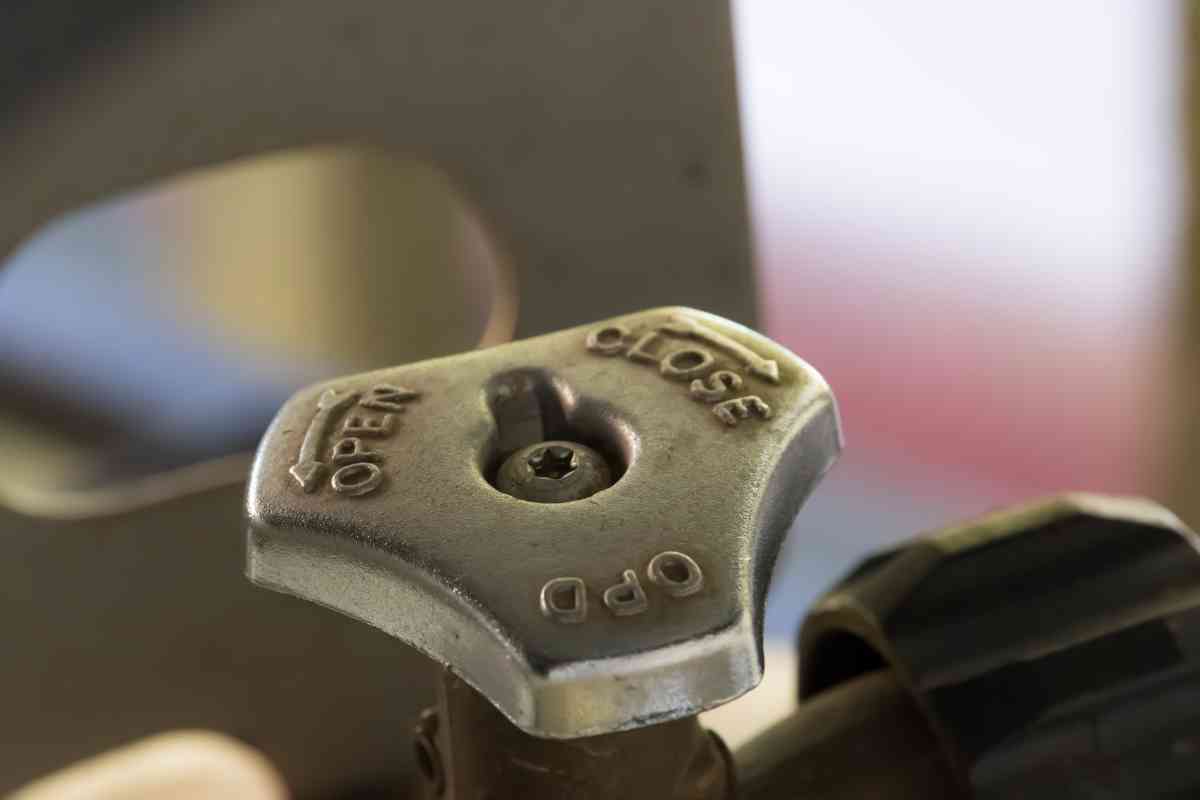
Monitoring Propane Levels: A Practical Guide
Related Post! Propane Tank Making A Ticking Noise? A Guide To Propane Tank Noises
Ever been caught off guard by a low propane supply? It’s a common dilemma that interrupts the grilling momentum. To adeptly monitor your propane levels without resorting to the risky method of shaking the tank, follow these steps:
- Ensure the gas supply is turned off by carefully adjusting the cylinder valve at the top of the tank.
- Disconnect the tank from your grill to prevent any unintended gas flow.
- Utilize warm soapy water; pour it over the tank, covering it from top to bottom. This method is effective and safe.
- Feel the sides of the tank. The area containing propane will feel cooler, offering a tactile indication of the gas level. This technique helps you gauge when it’s time to head straight home from your propane dealer with a refill.
Addressing Explosions
Propane’s flammability often raises concerns about the potential for explosions. While propane tanks are designed with safety as a priority, maintaining vigilance is key. Regular inspections and adhering to proper safety precautions minimize risks, allowing you to enjoy the grilling experience with confidence.
Key Takeaways for the Avid Griller
- Always turn off the propane tank after your grilling session concludes. This simple act is a cornerstone of safe grilling practices.
- Switching off the grill immediately after the propane tank ensures there’s no residual gas flow, aligning with safety and efficiency.
- There’s no necessity to detach the grill from the propane tank post-use, as long as safety measures, such as turning off the gas supply, are followed.
- Consistent monitoring of propane levels not only prevents unexpected interruptions but also contributes to the efficient use of your gas supply, saving costs in the long run.
By embracing these insights, you ensure that each grilling adventure is not only about savoring delicious meals but also about celebrating the joy of grilling in a safe, efficient, and informed manner.

